EU Stipulates Unconditional Withdrawal of Russian Forces as Key to Sanction Amendments
- by Brussel, RNG247
- about 9 months ago
- 120 views
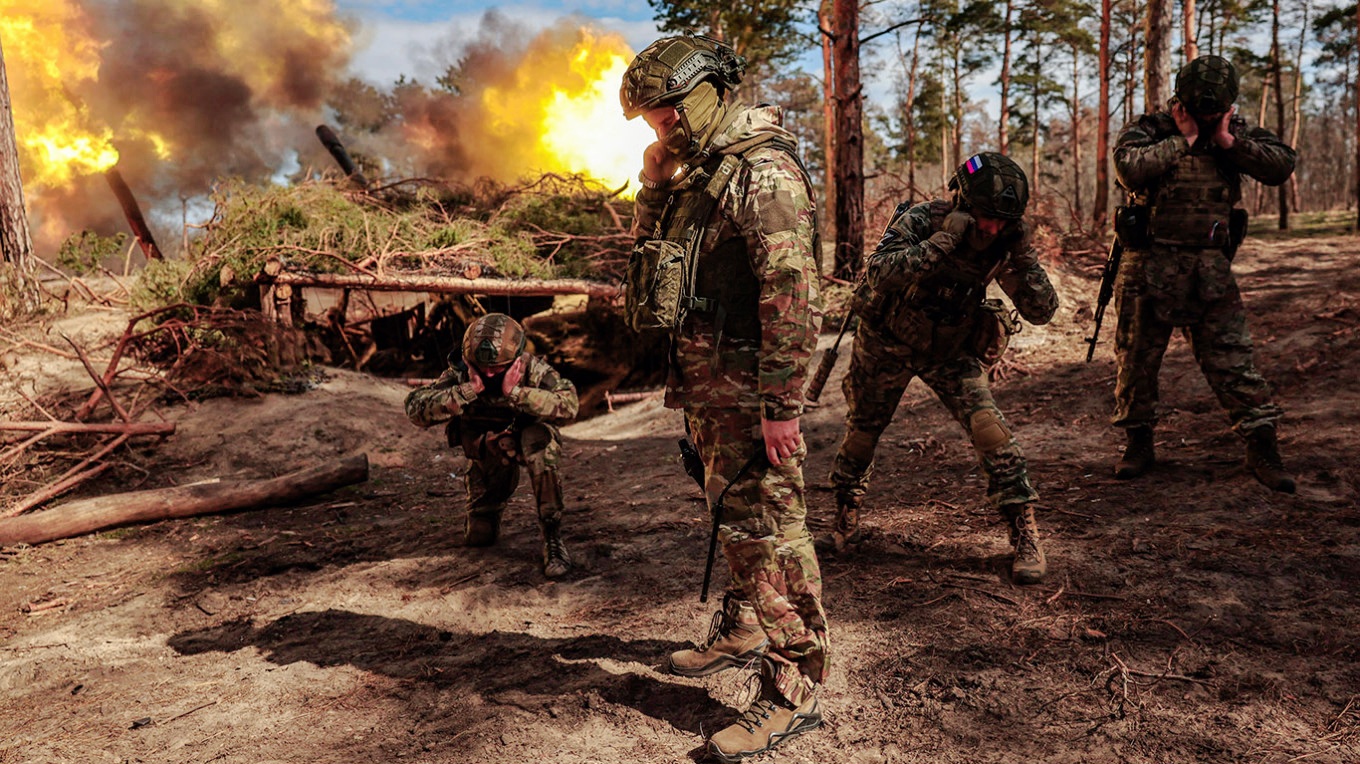
In a decisive statement on Wednesday, the European Commission underscored that any amendments to existing sanctions against Russia hinge on the "unconditional withdrawal" of all Russian military forces from Ukraine. This declaration comes in the wake of separate negotiations led by the United States that aim to mitigate hostilities between Ukraine and Russia, primarily focused on maritime security and energy targets.
Despite the positive strides made in U.S.-led discussions—where Washington agreed to advocate for the relaxation of certain sanctions on Moscow—the EU found itself sidelined from this diplomatic engagement. In a statement regarding the U.S.-Ukraine agreements, Anitta Hipper, the EU spokeswoman for foreign affairs and security policy, reiterated the bloc's commitment to its stringent stance against Russian aggression.
"The end of Russia's unprovoked and unjustified aggression in Ukraine, alongside the unconditional withdrawal of all Russian military forces from the entire territory of Ukraine, is paramount for any potential amendment to sanctions," Hipper emphasized.
Russia’s recent announcements indicated that the U.S. had proposed lifting a range of Western sanctions, particularly those impacting food, fertilizer, and shipping sectors, as conditions for advancing discussions on maritime security in the Black Sea. Diplomatic sources reported that many of these sanctions are primarily tied to EU restrictions, underscoring the bloc’s significant influence in shaping the sanctions landscape.
The European Commission also clarified that while it does not impose agricultural product sanctions, it has implemented "prohibitive tariffs" on grain imports from Russia and Belarus as of July 1. Ongoing dialogues regarding further tariffs on additional agricultural products and some fertilizers hint at continued economic scrutiny of Russian exports.
This week, EU member states extended the bloc's dual sanctions frameworks against Russia for another six months, reinforcing the collective approach that mandates unanimity among its 27 members before any sanction changes can be considered.
Hipper concluded her statement by stressing the need for Russia to demonstrate tangible political will to terminate its ongoing military operations, asserting that "experience has shown that Russia must be judged by its actions, not by its words."
This evolving situation remains critical as global leaders navigate the complexities of international relations, energy security, and humanitarian impacts stemming from the war in Ukraine.




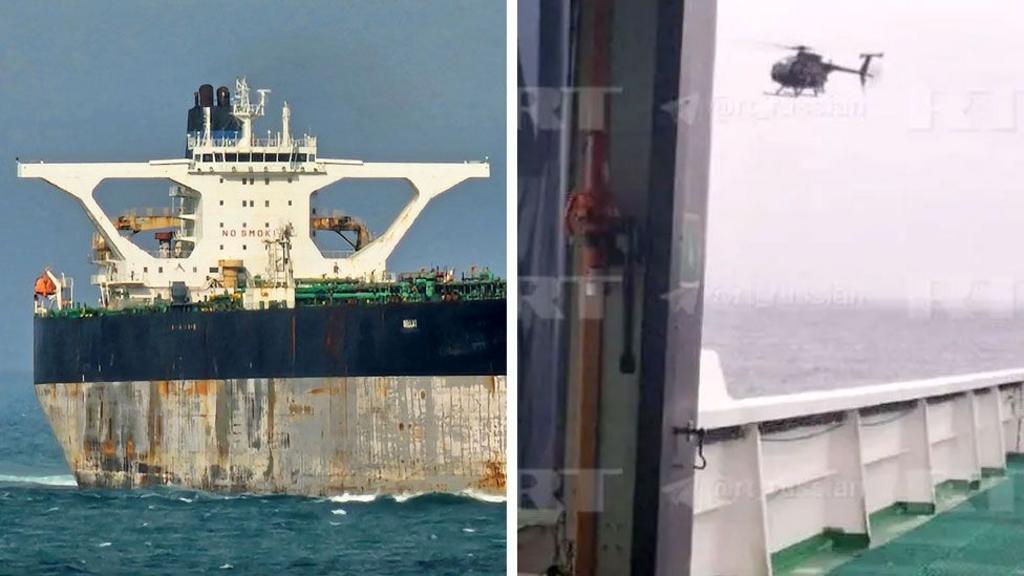
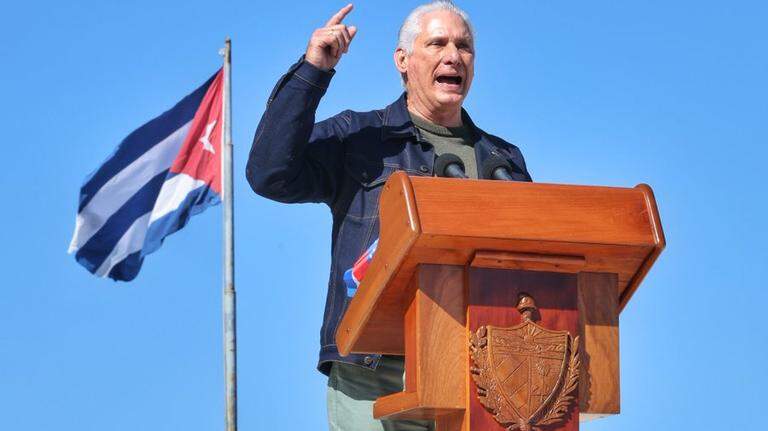
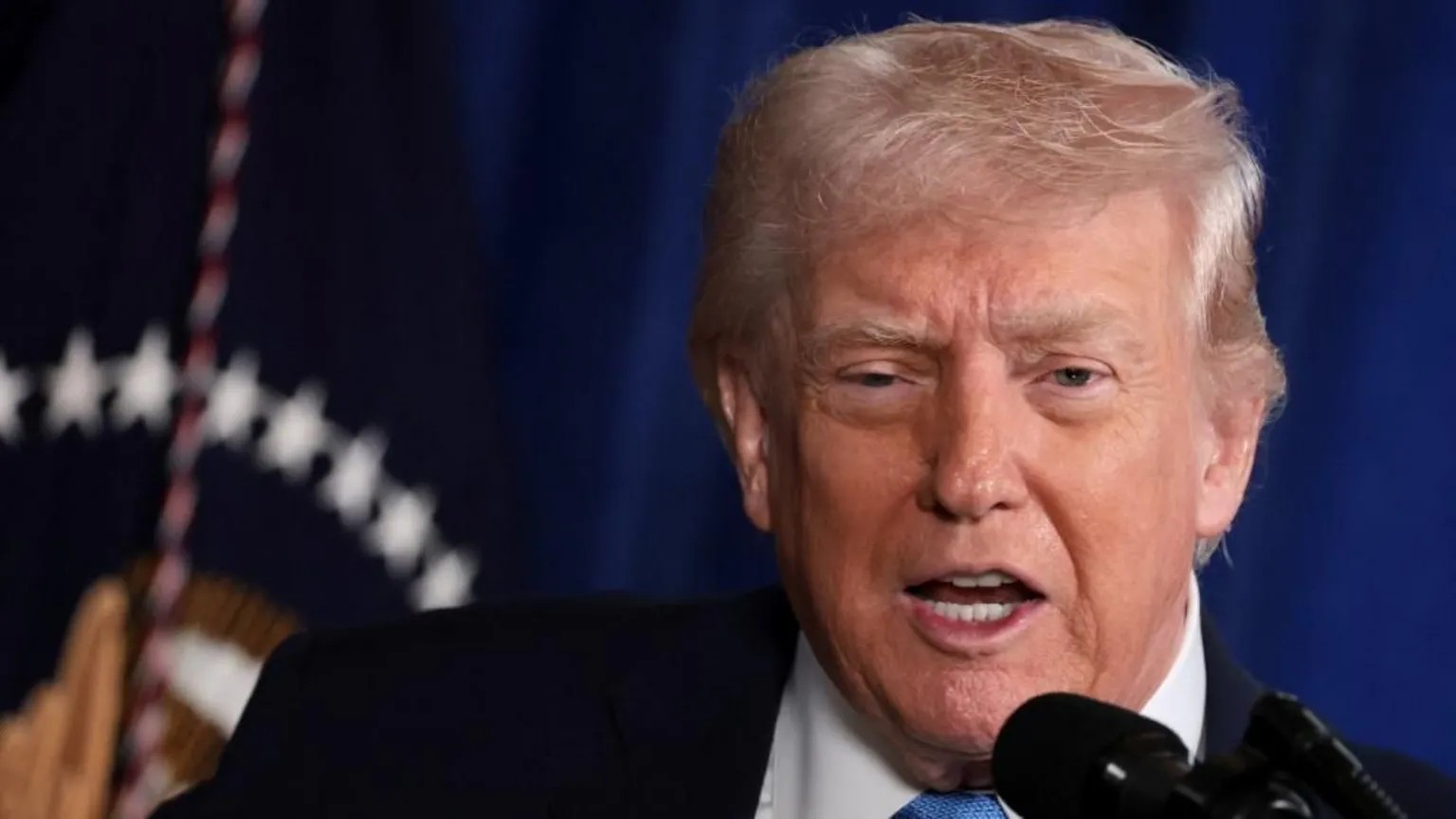
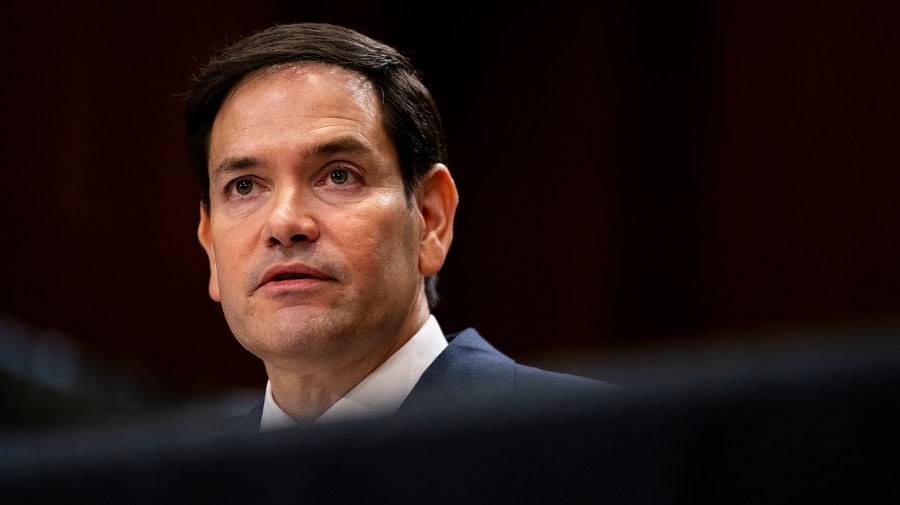
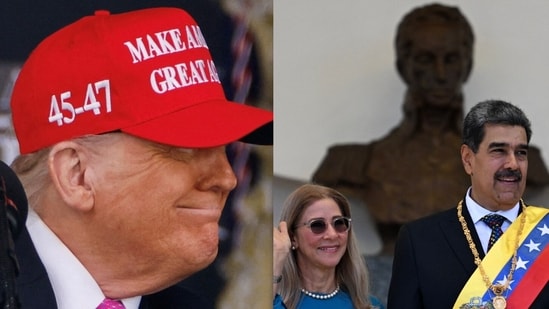

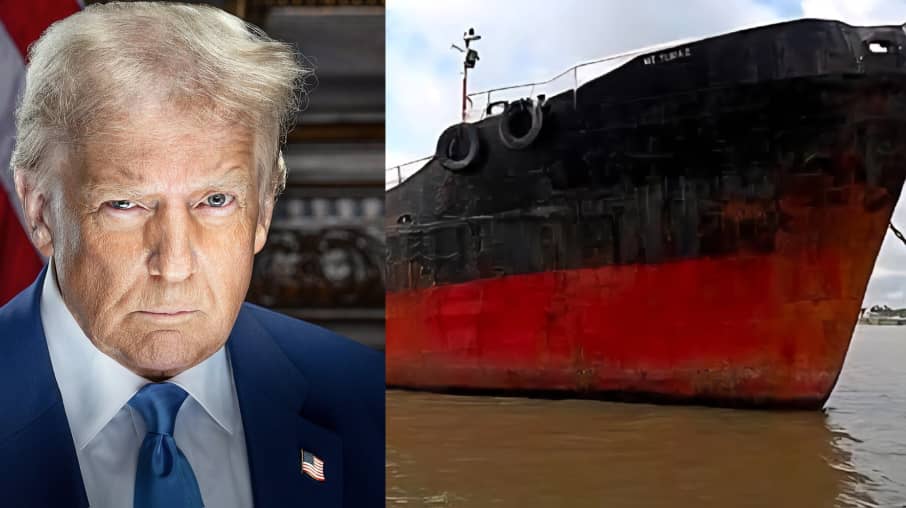



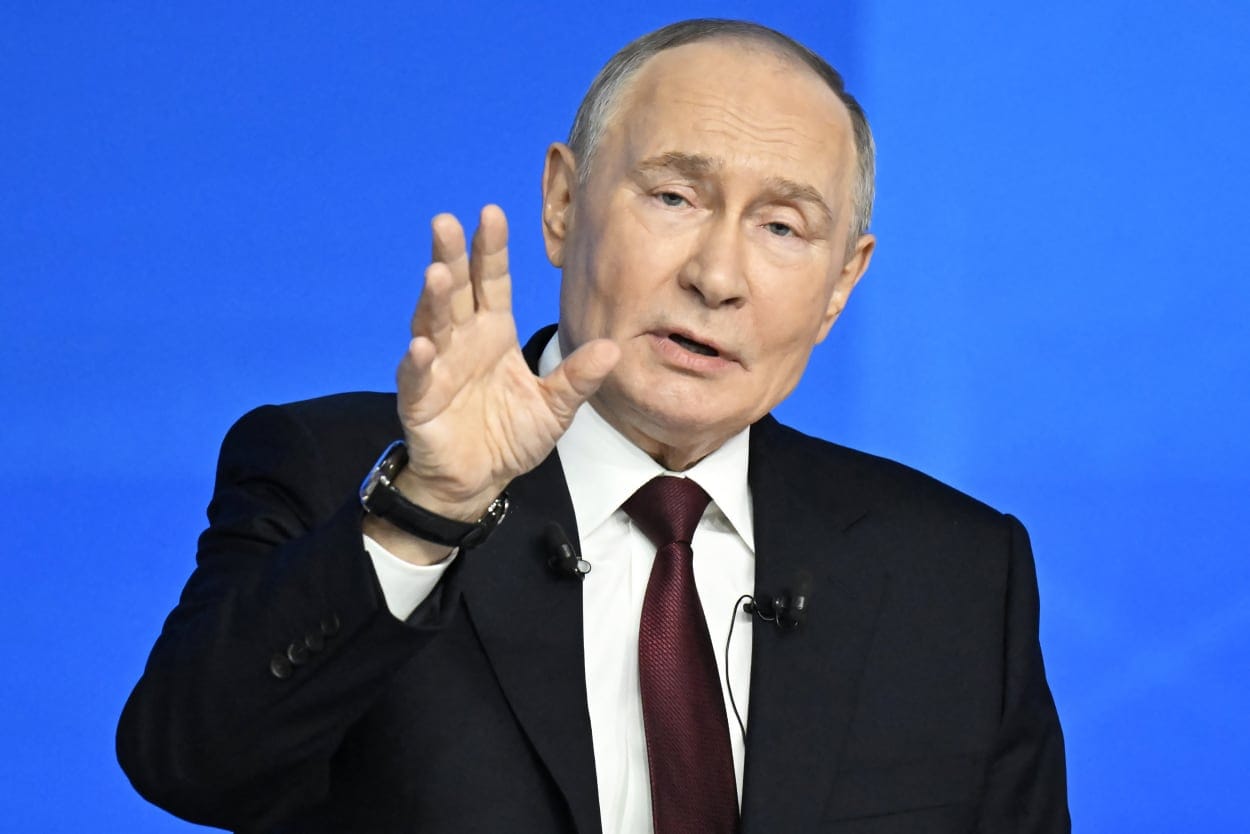

0 Comment(s)